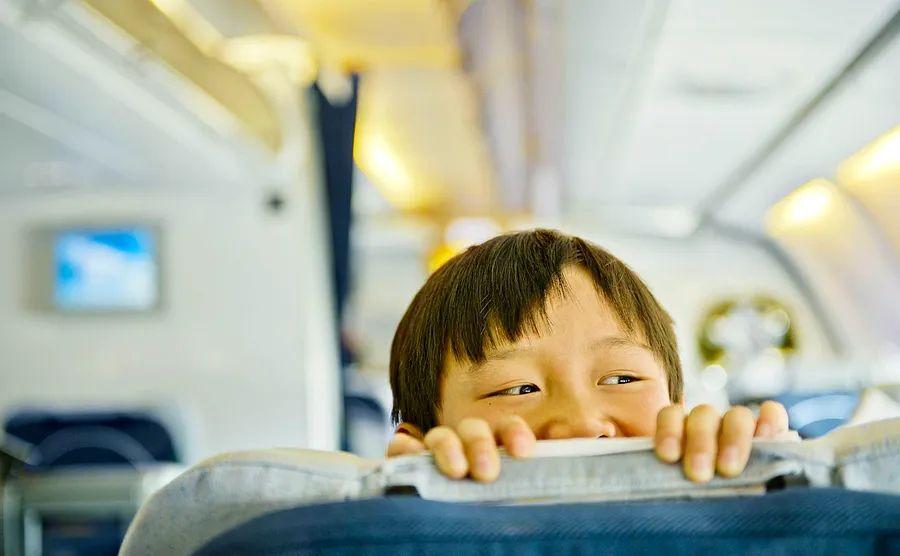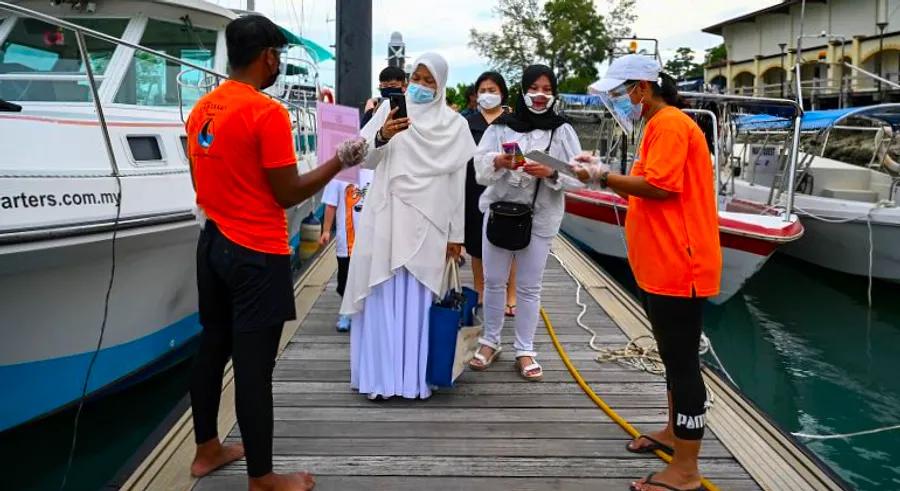Traveling with Kids: What Are the Etiquette Guidelines?

 Image Source: Getty Images
Image Source: Getty ImagesLizzie Post, the great-great-granddaughter of Emily Post and co-host of The Awesome Etiquette Podcast, is here to provide insights on travel etiquette. We’ve discussed reclining manners and how to act when there's an empty seat beside you. Now, let's address the sensitive topic of children on flights.
So, your flight has many kids aboard. What’s your mantra?
"Exercise patience and seek your inner joy."
Is it ever appropriate to give a disapproving look at someone with a crying infant?
"When a baby cries, there's little you can do, and that parent is likely overwhelmed; most parents I encounter fear flying—assume they are genuinely trying to soothe their baby. A) They're making an effort to calm their child, and B) They're also concerned about others around them. During flights, parents often visibly attempt to reassure fellow passengers. It's a shared experience; there's no escaping it. I encourage people to adopt a positive outlook regarding the challenges parents face in such situations."
How should you react if a child is kicking your seat or causing a disturbance?
"As children grow, it's essential to remember that you cannot discipline someone else's child. It's more effective to say something like, 'I don't know if you've noticed, but your child is kicking my chair.' or 'I don't know if you're aware, but your child is dropping snacks on me.' Generally, it's safer to address the adult. Most parents don’t want their children to disrupt others. Sometimes, people traveling can become indifferent due to fatigue or stress from security checks… they may seem ready to snap. I find such situations rare, and I've personally never encountered it. Usually, you'll get a response like, 'Oh my gosh, I'm sorry. Katie, please don't touch the seat in front of you.'"
How should you respond if someone says, 'Could you please calm your crying baby?'
"If I were seated next to the parent, I'd say, 'You're doing a wonderful job,' or 'Ignore that person; they’re just being cranky.' As a parent, my immediate thought is…'I’m trying, and I apologize for the disturbance.' Surprisingly, this approach often works, even with rude comments directed at you. While you shouldn’t feel compelled to apologize for someone else's incivility, it's true that your baby is affecting those around you. That person may not be handling etiquette well by addressing you, but it does impact others."
Some argue that parents shouldn’t travel with infants at all.
"At times, it's necessary to travel with a baby. You wouldn’t take a baby to an uninvited wedding, and certain restaurants aren't designed for children. However, babies must be able to accompany their parents, particularly when they’re very young or breastfeeding. We often rely on our own cars or phones—there will be situations where others are present around us."
How do you feel about kids running around on the airplane?
"It's perfectly acceptable to get up with your child and stroll down the aisle, just like anyone else. Walk with your child; however, avoid letting them run. Running is uncomfortable on an airplane, which should be a calm and quiet space, especially since many people may feel uneasy up in the air."
If a child is kicking your seat, would you ever glance back to address the issue?
"Nonverbal cues can be powerful and effective, but it requires skill, and not everyone reading this will excel at it. I don’t mind looking back to assess the situation, but glaring is not appropriate. Even young kids can sense those looks. They may not fully listen to strangers, and you don’t want to scare or upset them. If you turn around with curiosity, that’s fine… but I highly recommend speaking to the parent afterward. For an older child, saying something like, 'Please stop kicking my seat' is acceptable. Then address the parent: 'Excuse me, I’ve already asked your child to stop kicking my seat once, and I hoped you might…'"
Do you have any additional advice?
"It’s always beneficial to smile and be friendly as you take your seat. When parents with children settle in next to or behind you, a smile can go a long way. Consider a situation where a couple with two kids sits down, and the people beside them groan. Starting with a smile helps communicate that you’re not dreading this experience right away."
How can you prepare children for sitting still for an extended period?
"Good luck with that! It’s more about getting them ready to be entertained for three to six hours. Thank goodness we’re raising kids in a tech-savvy era; it’s wonderful. When I was young, it was all about coloring books, word puzzles, and other age-appropriate activities to keep them engaged. Just communicate with your kids. If they start to get restless, you might say, 'Want to take a walk down the aisle with me a few times?' They might be reaching the point where they need a break."
Some parents train their kids at home by giving them a tablet and headphones, encouraging them to sit still for an hour or two.
"I think that’s a smart approach. It’s beneficial if it helps children grasp what they will encounter. Preparing kids for what’s ahead usually gives them a better chance to cope; it reduces their uncertainty, which is very helpful."
Any additional insights?
"Many parents carry items like Advil, earplugs, and candies to ease the anxiety of those around them and help others recognize that they're traveling with a baby. I hope we reach a point where we collectively acknowledge that traveling with children is a normal part of life. Parents shouldn’t feel obligated to pack an 'I'm sorry I'm traveling with kids' kit. Let’s change this mindset, people!"

1

2

3

4

5
Evaluation :
5/5